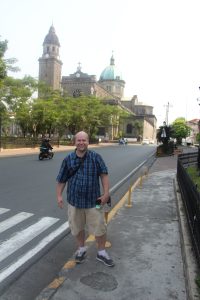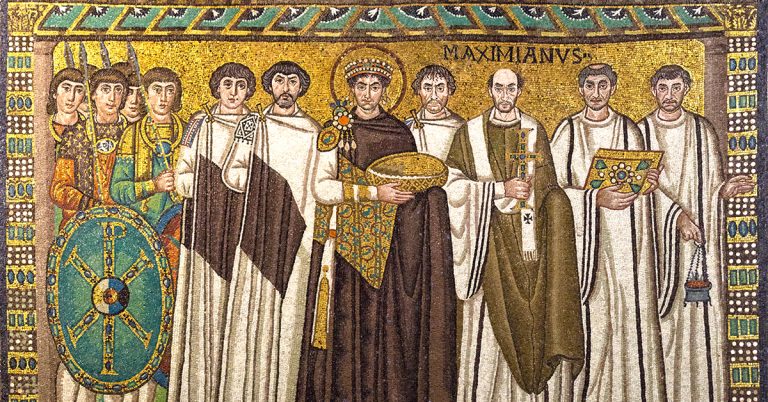
In the early years of China’s Civil War, the Communist army and leadership sought refuge from Nationalist troops in the remote western district of Fujian Province known as Tingzhou. Here, for over three years, the leaders of the fledgling Communist Party, including Mao Zedong and Zhou Enlai, occupied the city’s Christian hospital and church. Because of the importance of this period in Chinese Communist Party (CCP) historical lore, these buildings today are national-level protected sites and promoted in ‘red tourism’ junkets that visit sites central to the revolution. Despite its close connection to CCP history, the church building in the county town today is a functioning religious site – the only registered church in the county town – and this has created an interesting dynamic for both the local state and church as both sides hope to capitalise on the historic significance of the Christian property.
Acknowledgment and promotion of Christian History in China
My article in Volume 23.1 of Studies in World Christianity provides a brief background on the Tingzhou Church, and suggests that this case reflects a new willingness in China to acknowledge and promote Christian history. Furthermore, the article argues that churches are becoming increasingly adept at realising the value the state sees in their heritage and use this in their negotiations with governing authorities.


History and heritage are concepts that governing authorities throughout the world hope to capitalise on and use for ideological or economic purposes. China is no exception. Co-opting history is not new in China, but my article argues that official recognition of a Christian history and the benefits this may bring is a relatively new phenomenon in Reform Era China.
The practice of utilising religious sites for economic, political or nationalistic benefits has grown in China over the last three decades. However, such a strategy has previously been largely limited to Buddhist or Daoist sites. Through presenting the case of the Changting Church, I hope to argue that this situation seems to be changing.

Christian History as Cultural Capital
An increasing number of church communities, like the Changting Church, are finding the legitimacy offered by the local state’s acknowledgement of a valuable Christian history as significant. Christian history, then, has become a form of cultural capital that the church communities hope to parlay into tangible benefits in their dealings with the state, such as more land, larger churches or greater official support in general. This new-found interest in Christian history provides an arena for greater church–state interaction. In the case of Tingzhou’s Christian history, because the church building is still a sight for religious activities, the state needs, or at least desires, an extra level of co-operation from the church.
*All photographs included are taken by Chris White
Chris White, PhD, is a Post-Doctoral Research Scholar with the Max Planck Institute for the Study of Religious and Ethnic Diversity. His research focuses on Chinese Christianity in Fujian and links to Overseas Chinese groups. He can be reached at: cwhite_80@yahoo.com






